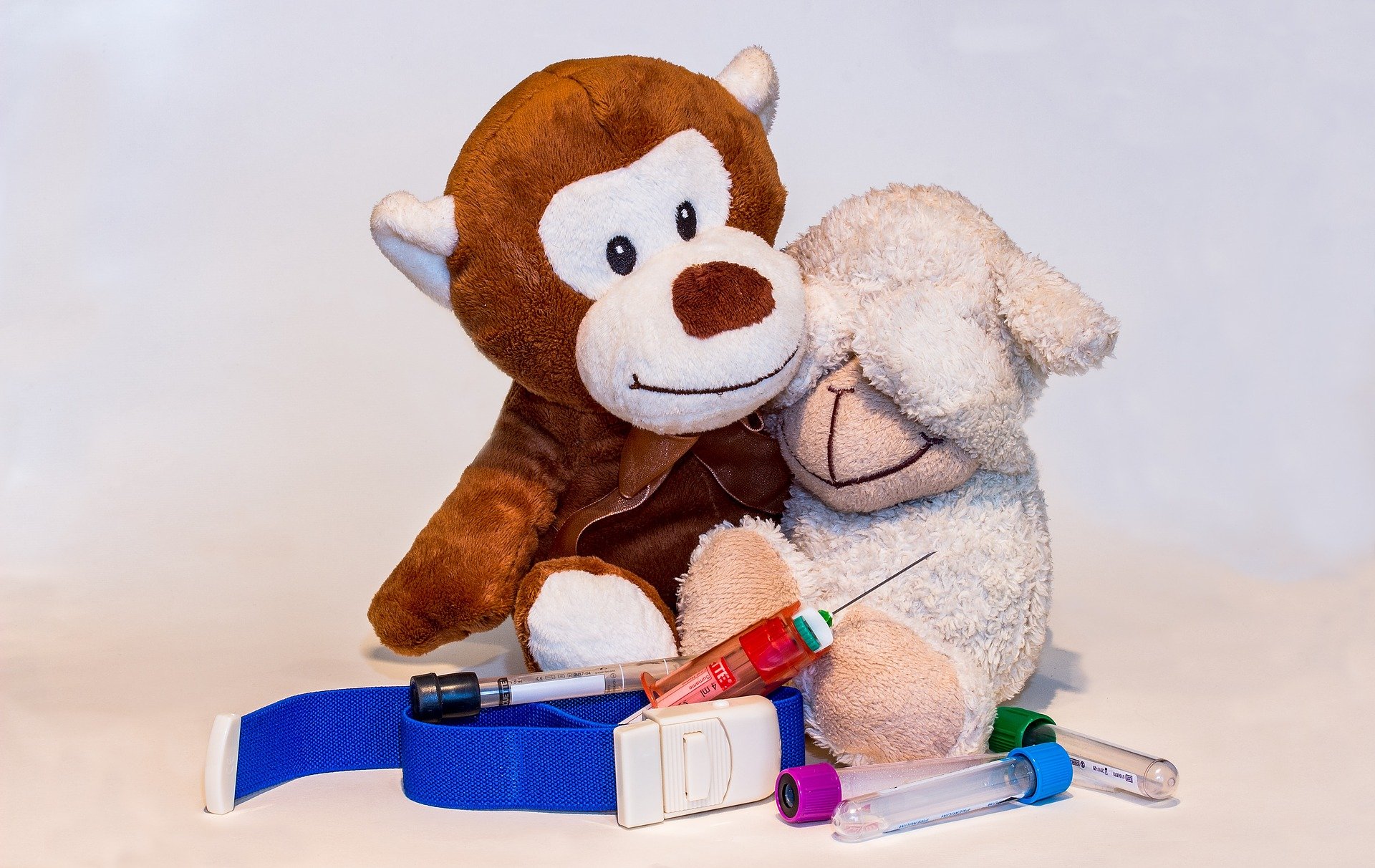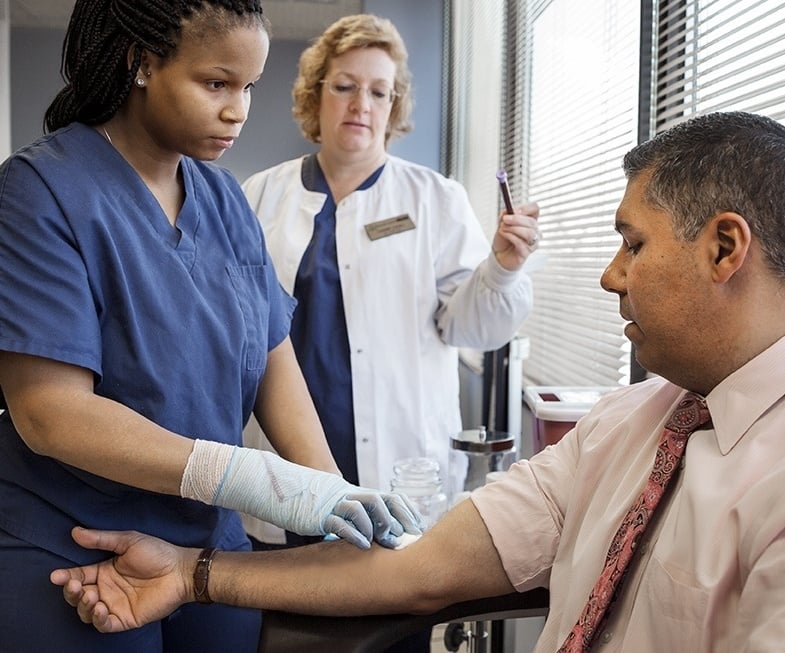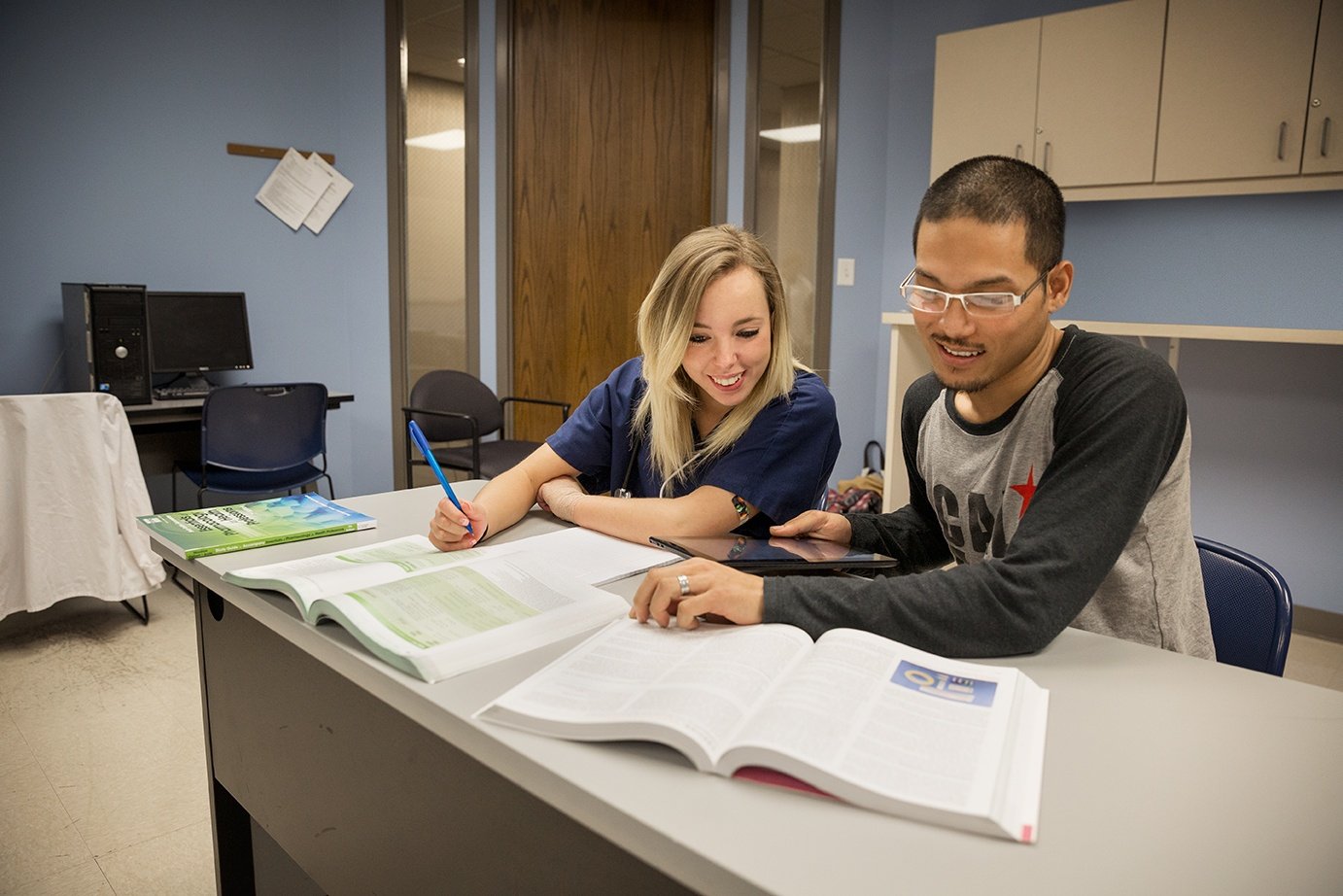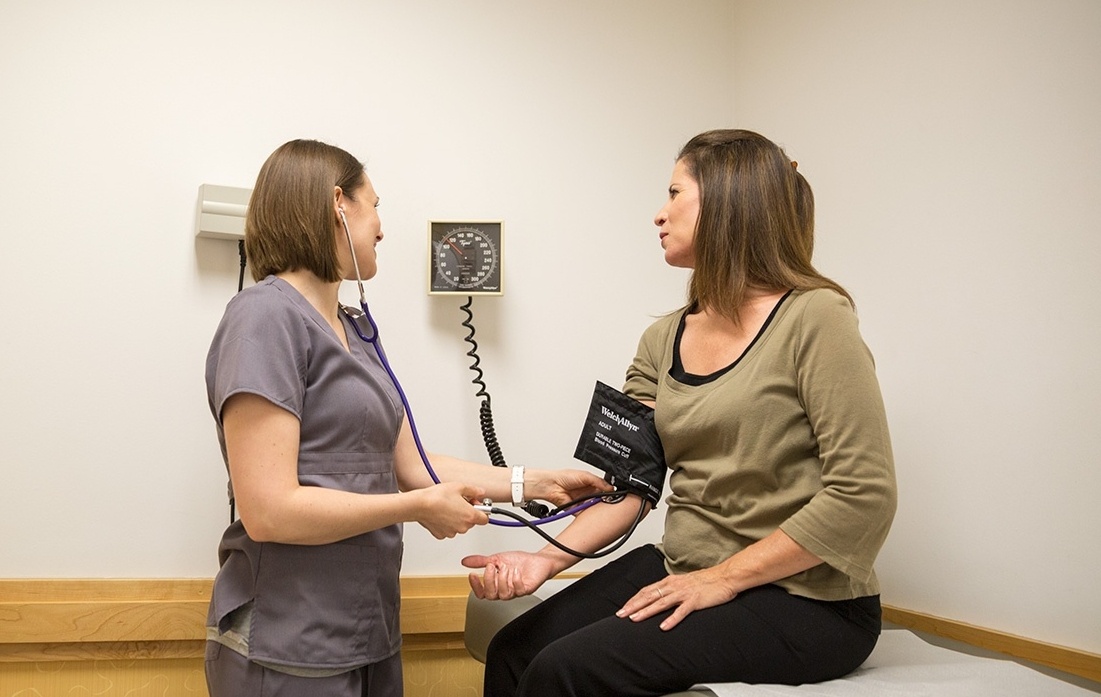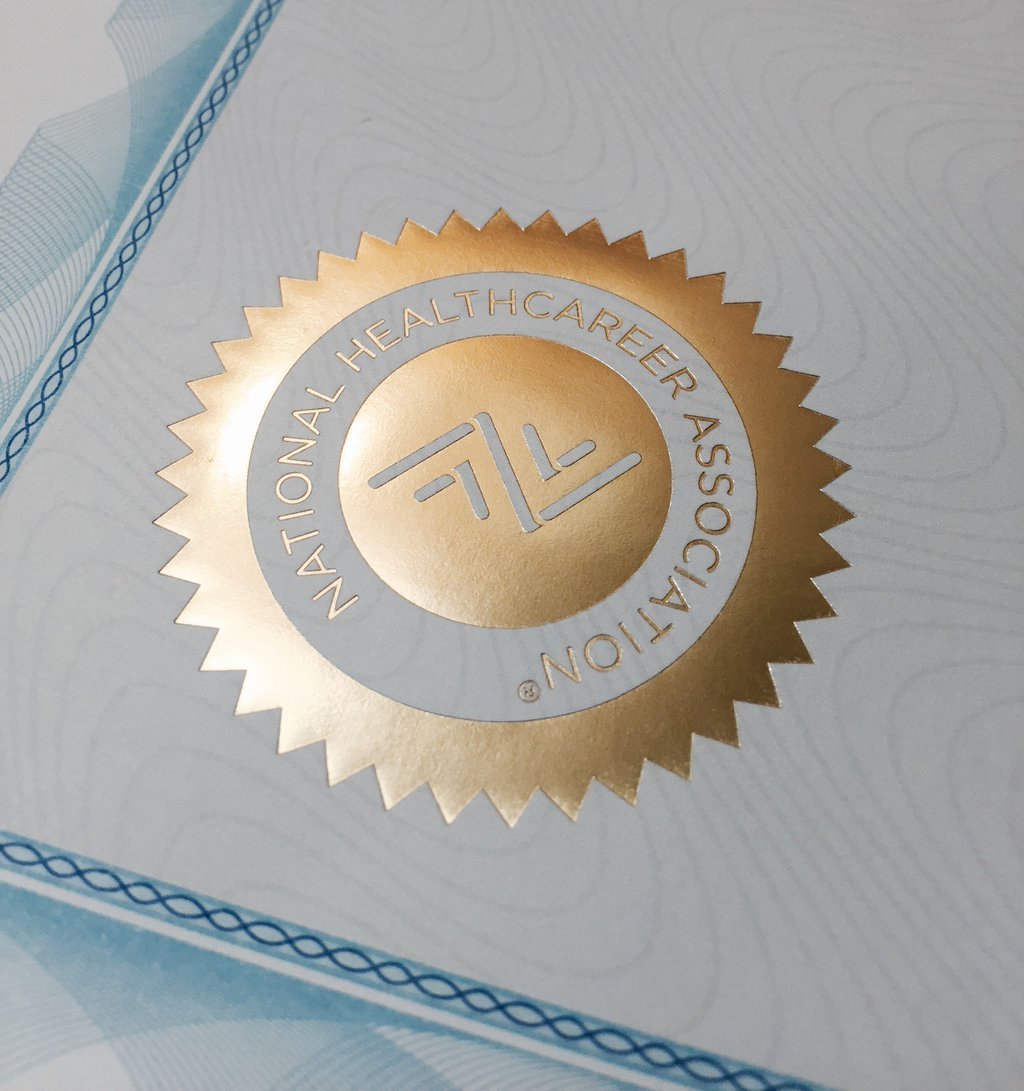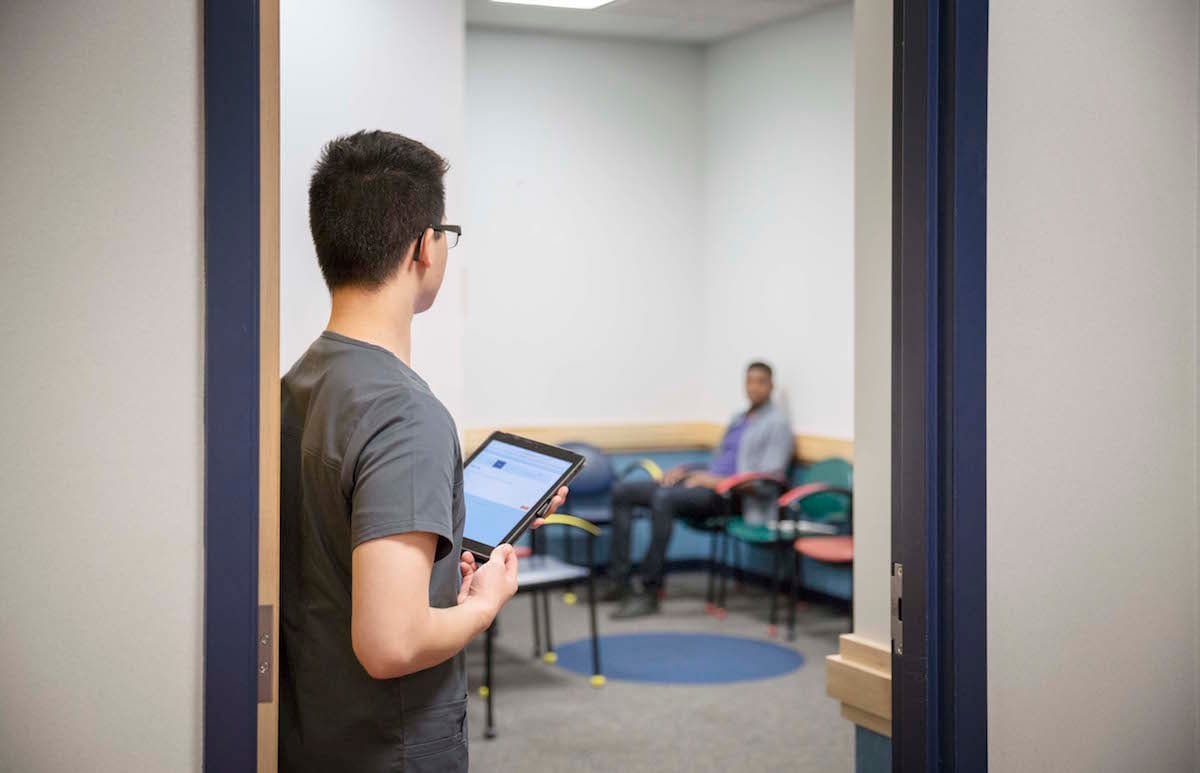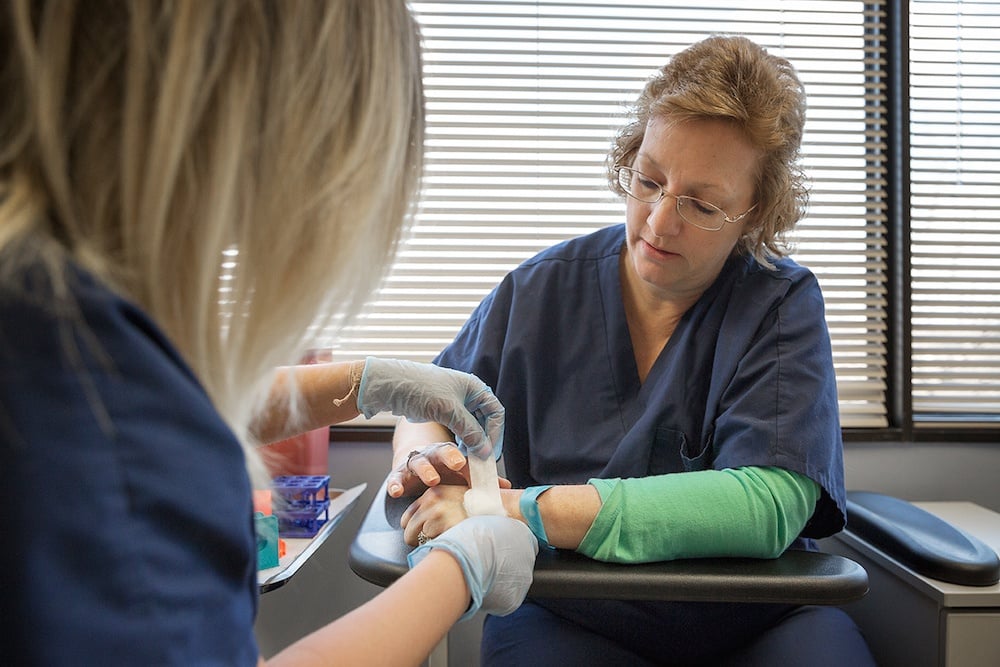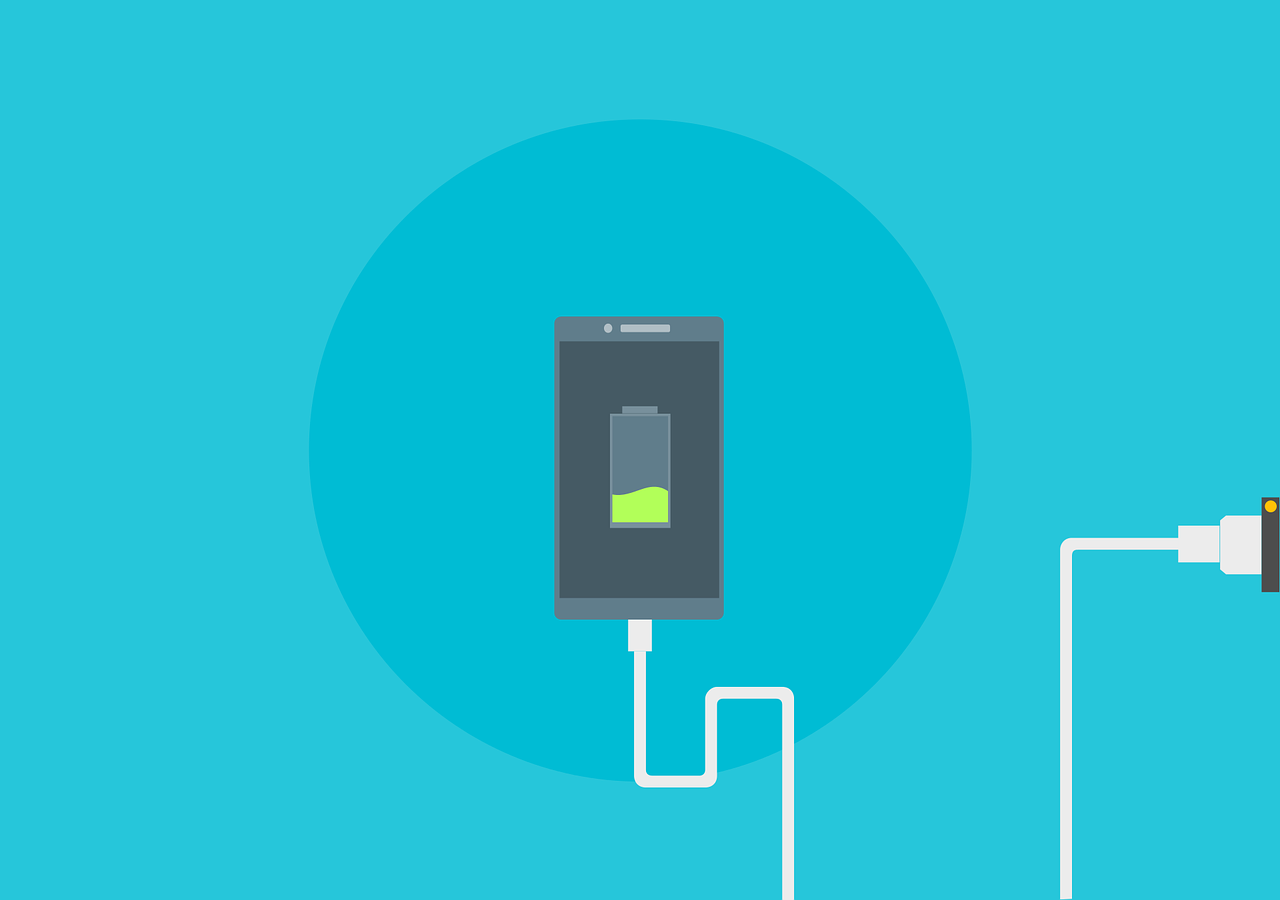In light of National Humor Month, we're sharing seven of our favorite healthcare jokes, stories and puns.
Whether you're an allied health student, teacher, professional or employer, taking five minutes to read this post is your prescription for a little fun.
After all, laughter is the best medicine.


